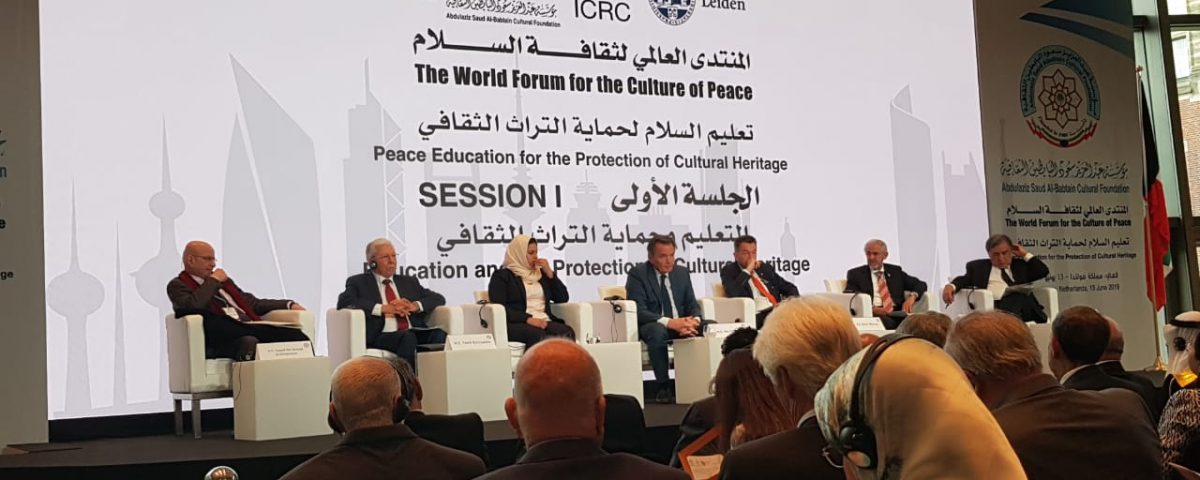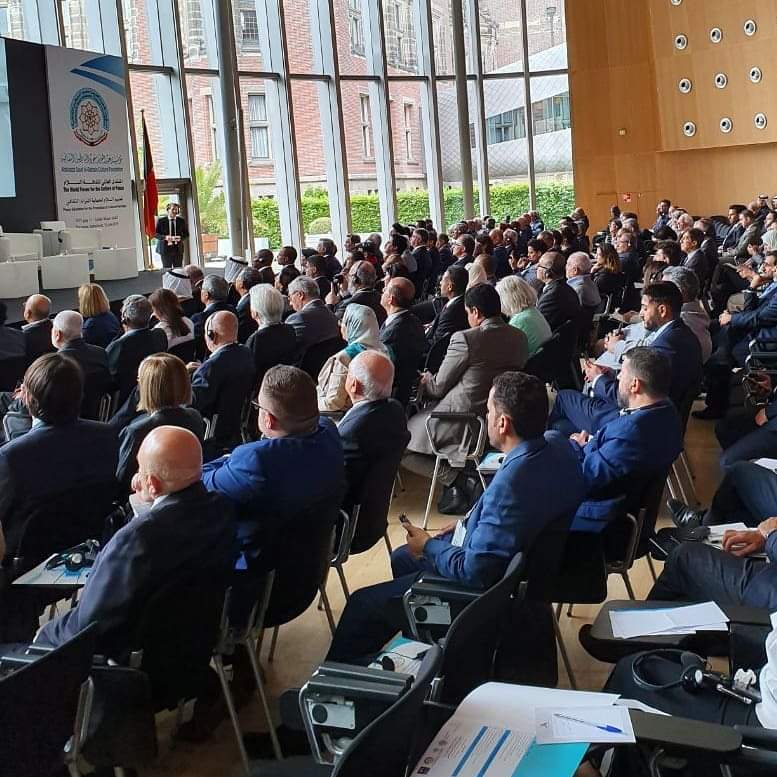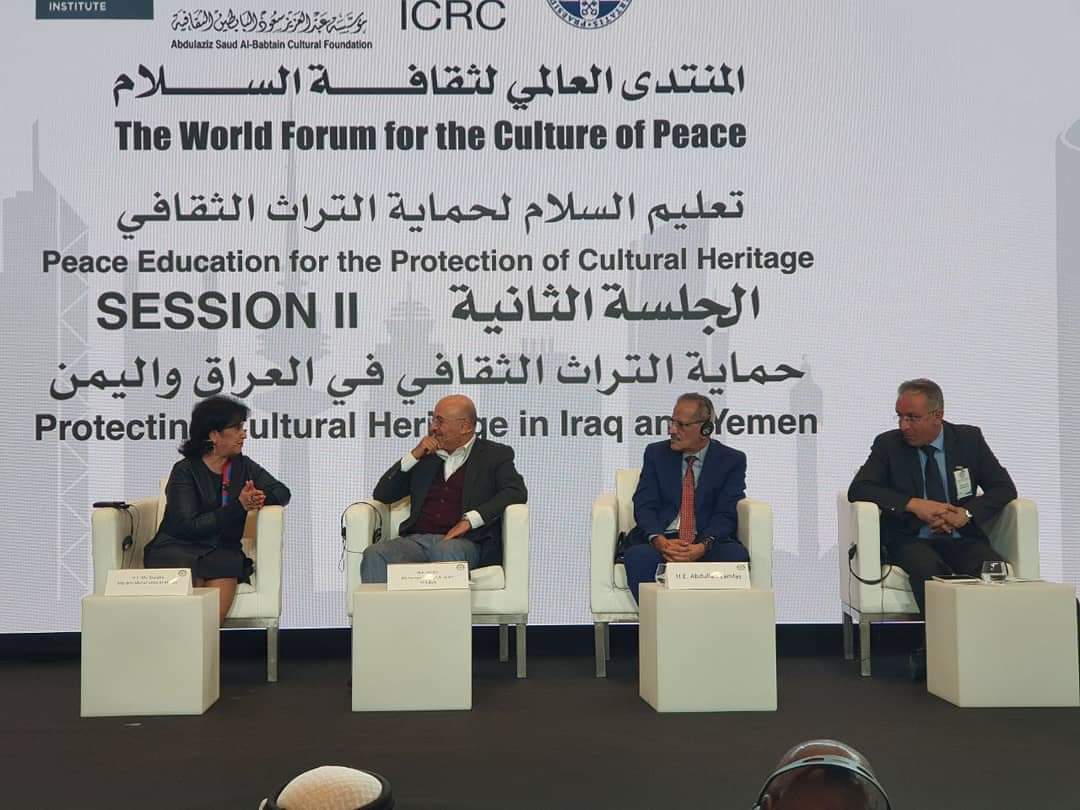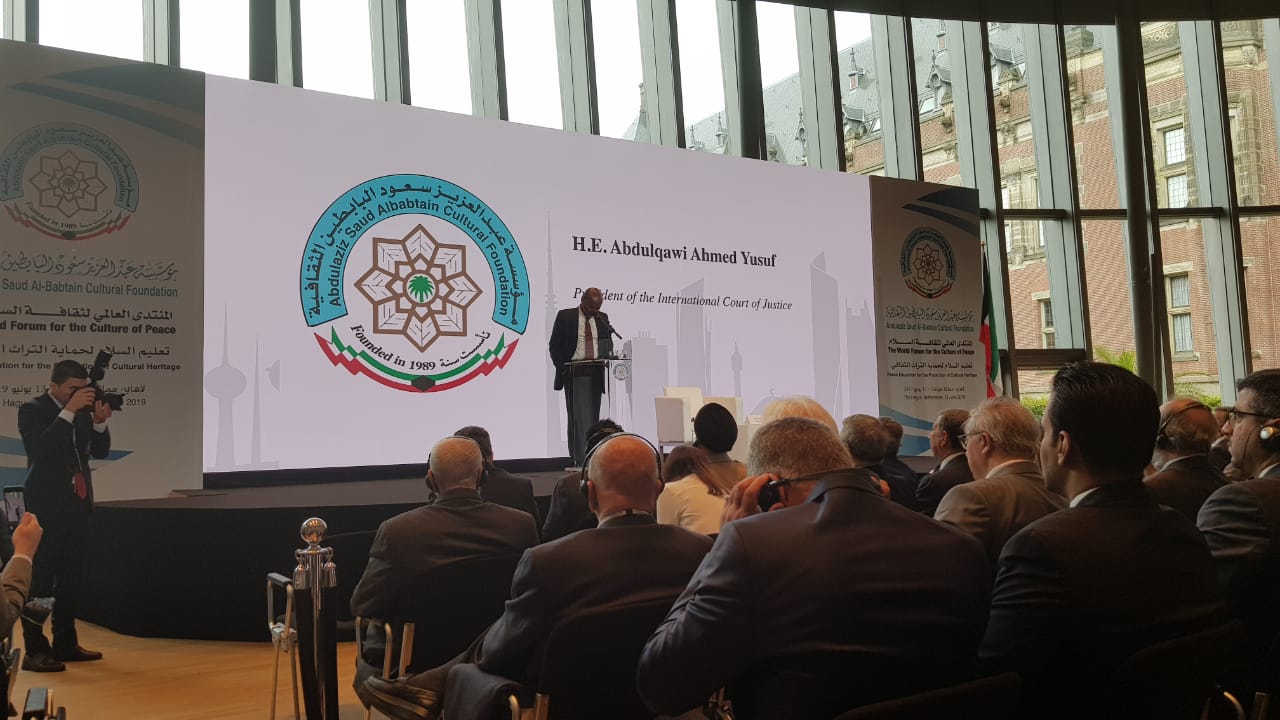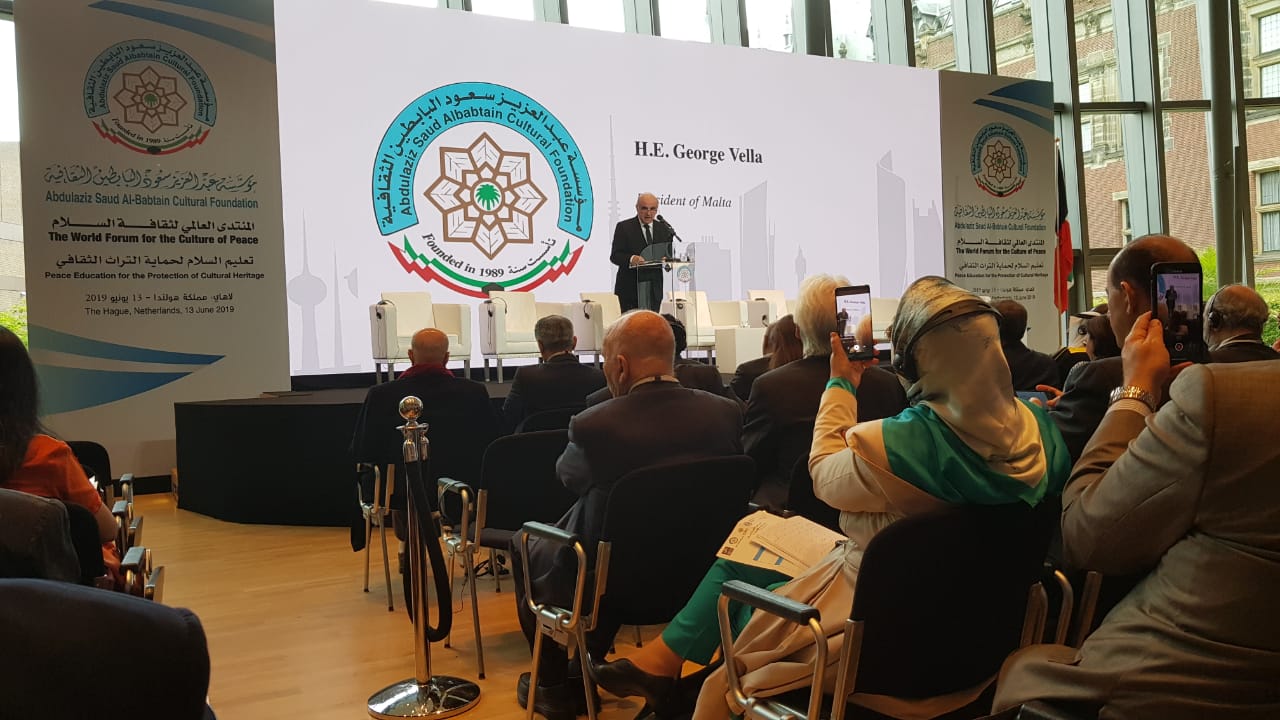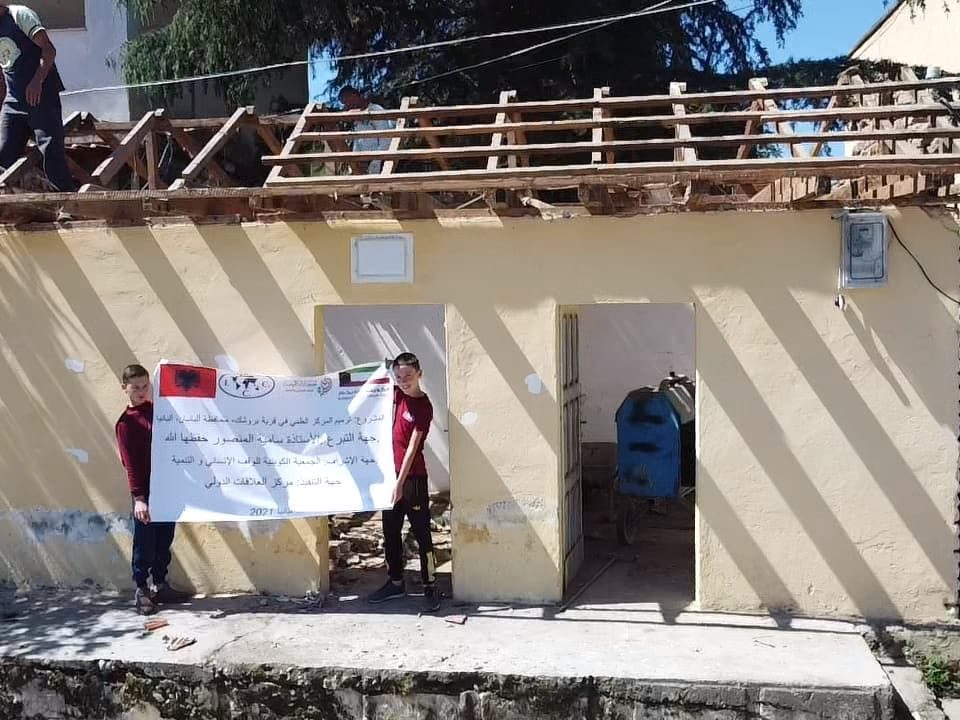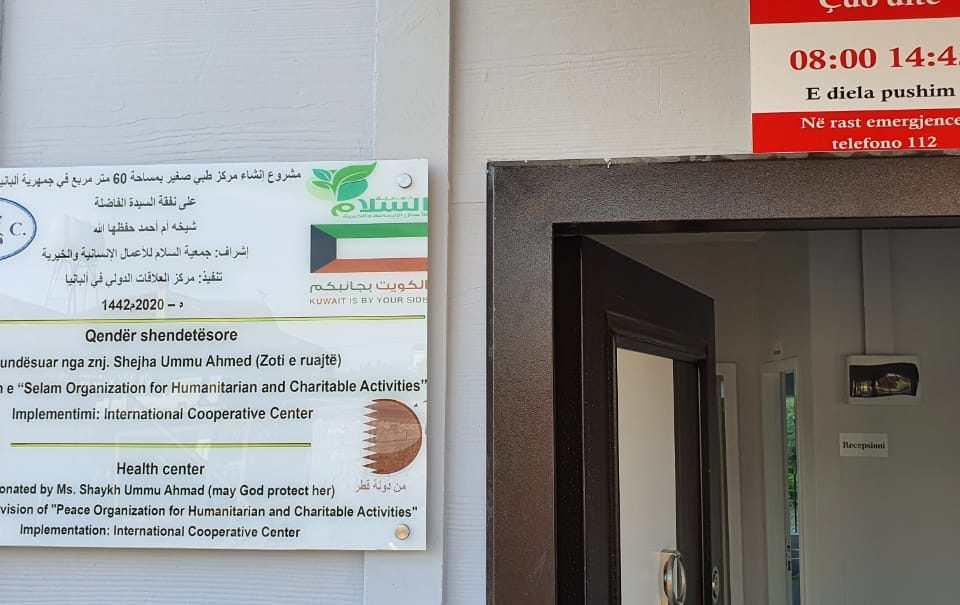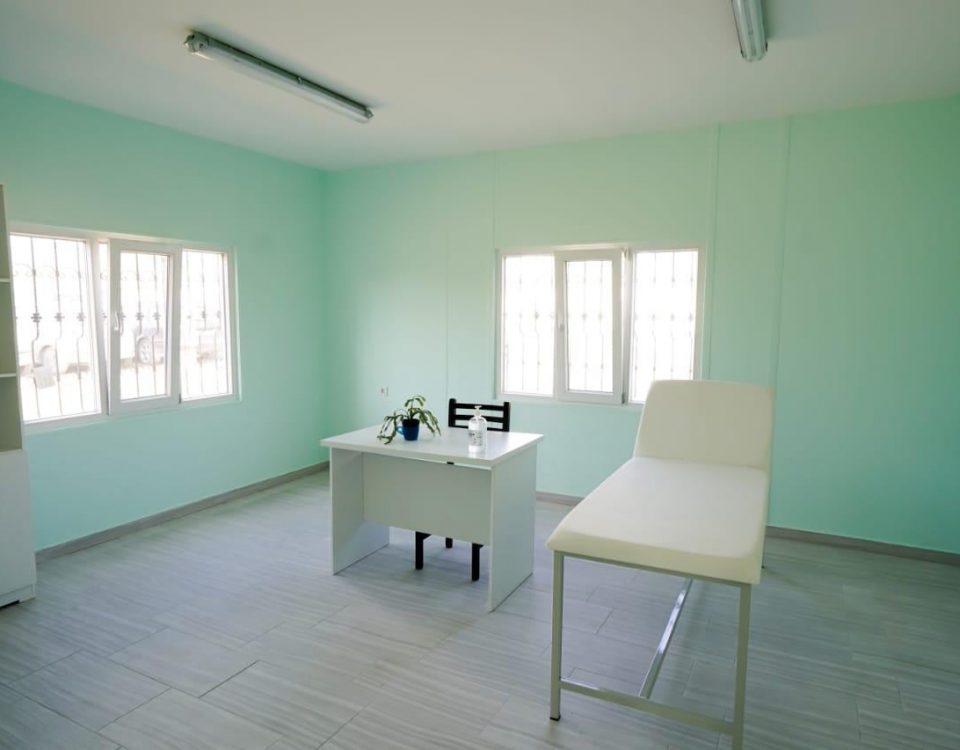The World Peace Forum, organized by the Al-Babtain Foundation, in partnership with the International Peace Institute, the International Committee of the Red Cross, and the Dutch University of Leiden, today brought together the leaders of governments, academics and members of the society at The Hague civilian, to discuss about the culture of peace, education and the protection of the world heritage in Iraq and Yemen.
The forum was opened by Mrs. Joke Brandt, representative of the Dutch Ministry of Justice; Erik Baedts of the Carnegie Foundation; Abdulaziz.M.Saud, chairman of the Al-Babtain Foundation, and his splendor Prince of Saudi Arabia, Alfaisal Alsaud Turki. The first session was addressed by Mr Haris Silaldzic, former president of Bosnia and Herzegovina; Jusuf Bin Ahmad Al-Othaimen, Secretary-General of the Organization for Islamic Cooperation; Taieb Bashushe, former Tunisian Foreign Minister, currently Secretary-General of the Arab Magreb Union; Khaled Al-Jamani, Yemeni Foreign Minister; Peter Morer, President of the International Committee of the Red Cross; Hilal Al-Sajer, leader of Red Crescent, and Leoluka Orlando, mayor of Palermo in Italy.
During the second part of the Panel’s discussion was discussed by Muhammad Sabah Al-Salem, former Deputy Prime Minister and Foreign Minister of Kuwait; He Al-Shukri, representative of the Iraqi president; Ms. Mai bin Muhammad Al-Khalifa, President of the Bahrain Authority for Culture and Monuments of Culture; Abdullah Lamlas, Minister of Education and Science Research in Yemen; and Jusuf Goran, Minister of Education and Research in the Kurdistan Regional Government, Iraq. At the third session, panelists Terje Rod-Larsen, the head of the International Institute for Peace, intervened; Michael Frendo, President of the Parliament of Malta, former Foreign Minister; Hamed Al-Azemi, Minister of Education of Kuwait, Silvi Temon, Foreign Minister of the Republic of Central Africa; Tokia Saïfi, MEPs; Mukades Nure, Education Minister of the Central African Republic, and Munir Bushenaki, cultural heritage advisor at UNESCO.
Diskutants tried to answer questions such as: What is the role of the international community in protecting the world heritage in Iraq and Yemen? What are concrete projects that can be designed to move forward with building a lasting peace in the Middle East region? How can peace education, school curricula in newly-emerging countries, such as Iraq and Yemen be better integrated? How can it help investment in the reconstruction and recovery of the country, people in Iraq and Yemen, and affect the long-term protection of their cultural heritage. At the closing session, a series of concrete peace education curriculum models were presented. He was led by Abdulkaui Ahmed Jusuf, president of the International Court of Justice. As they spoke to Maria Fernanda Espinoza Garces, chairman of the 73rd session of the United Nations General Assembly; Abdulaziz Saud Albabtain, head of the Albabtain Cultural Foundation; Marzuk Al-Ganim, the head of the Kuwait parliament; Faustin Tuadera, president of the Central African Republic; Mari-luiz Koleiro Preka, president of Malta; Abdullah Gül, former President of Turkey; Hasan Arfaui, representative of the President of Tunisia; Lorenc Konmla, Liberia’s special envoy; Amar Al-Hakim, president of Iraq’s Alliance for Reconstruction and Reformation, near Iraqi President.
The closing remarks of this forum were made by Mr. Karl Stolker, president of the University of Leiden. Participants from Albania in this activity, as a representative of civil society was Dr. Arben Ramkaj, from International Co Operative Center.

